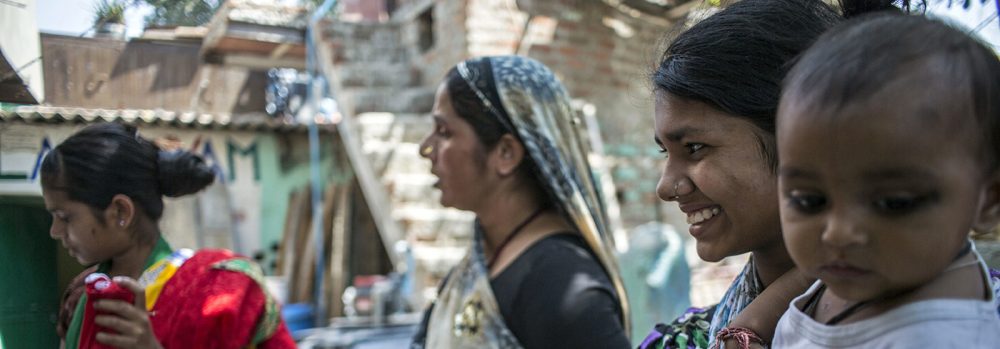Family literacy programmes can be a lifeline for disadvantaged parents and caregivers who are struggling to support their children’s learning during the pandemic, write Anna Kaiper-Marquez and Esther Prins

A recent New Yorker/ProPublica article chronicled the immense challenges facing children in poverty who are studying remotely during the pandemic. Shemar, a 12-year-old in Baltimore, Maryland (USA), lived with his grandmother. Having completed little schooling in then-segregated South Carolina, his grandmother was unable to get online or supervise Shemar’s online schoolwork. She is not alone: millions of caregivers – across all socio-economic strata – have struggled to monitor and guide their children’s education during the pandemic.
What if this grandmother and other caretakers had access to family literacy programmes where they could further their own education, such as digital or print literacy, while also learning how to support their children’s education? Family literacy programmes are not a panacea to fix poverty, racism, under-funded schools, the digital divide, and other causes of educational inequalities. Yet they do have great potential to serve as a community resource and educational safety net for families like Shemar’s. Continue reading









